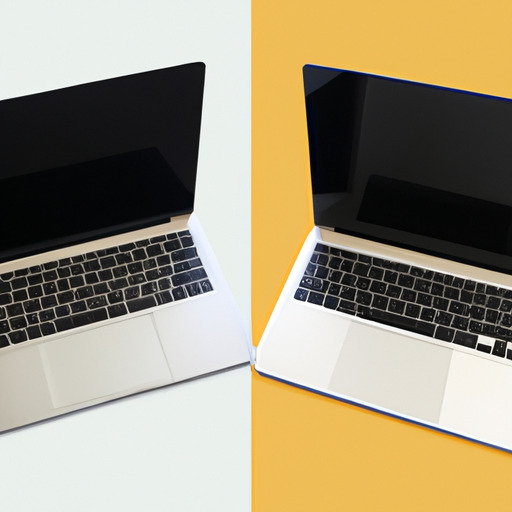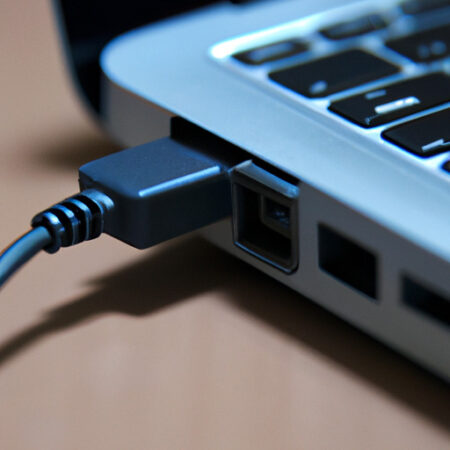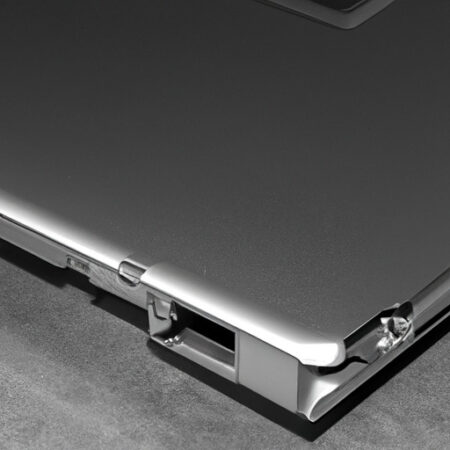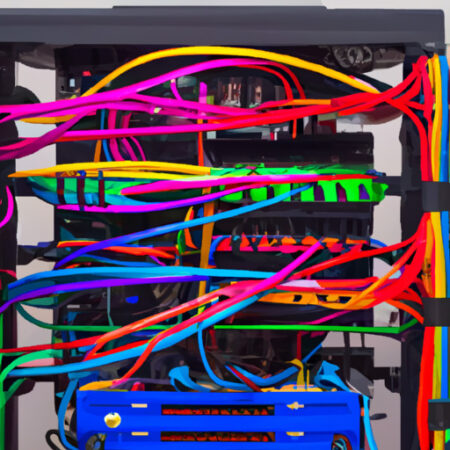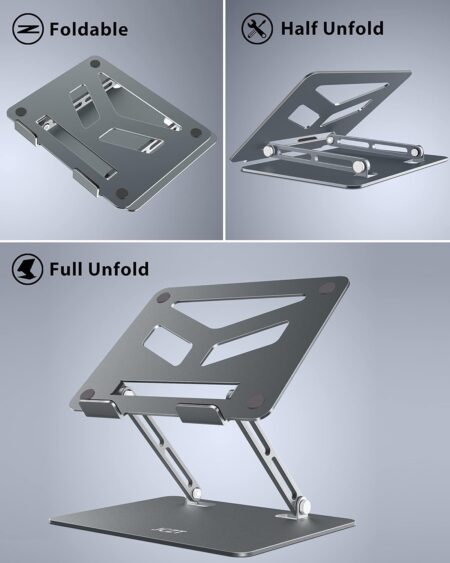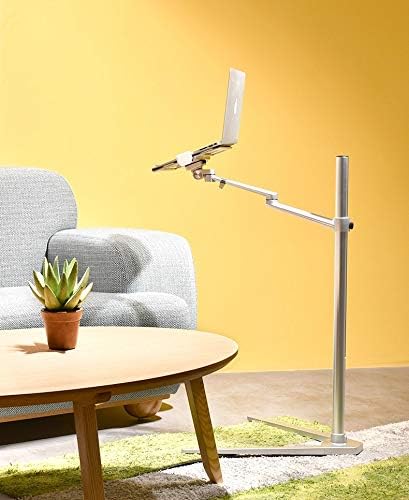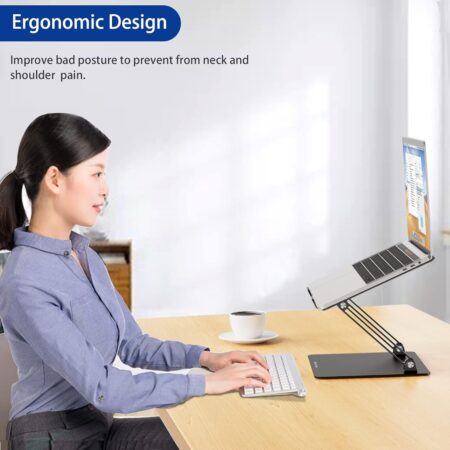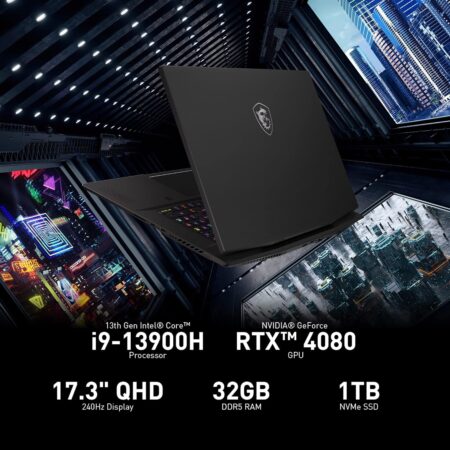Having two laptops can be a practical and convenient solution for many individuals. Owning multiple laptops allows you to maximize efficiency and productivity by dedicating one device for work-related tasks and the other for personal use. This way, you can seamlessly switch between different projects and keep your work and personal life separate. Additionally, having a backup laptop ensures that you won’t be left stranded in case one device malfunctions or needs repairs. Ultimately, whether having two laptops is “okay” or not depends on your specific needs and usage habits.
Factors to Consider
When deciding whether it’s okay to have two laptops, there are several factors that you should consider. These factors include usage, budget, portability, work and personal separation, redundancy and backup, as well as any specialized needs you may have.
Usage
One of the main factors to consider is how you plan on using your laptops. Are you using them for different tasks and in different environments? If so, having two laptops can be advantageous. For example, you may use one laptop for work-related tasks and the other for personal use. This can help you stay organized and separate your work and personal life effectively.
Additionally, if you have different needs for each laptop, such as one for gaming and entertainment and the other for graphic design or video editing, having two laptops can enhance your overall experience and productivity. It allows you to have dedicated devices for each specific task, ensuring optimal performance and efficiency.
Budget
Budget is another crucial factor to consider when contemplating owning two laptops. Purchasing and maintaining two laptops can be more expensive compared to owning just one. You need to consider the cost of acquiring the laptops, additional accessories, software licenses, and any necessary maintenance or repairs.
However, if you have the financial means and consider the benefits of having multiple laptops to outweigh the costs, then it can be a worthwhile investment. Having separate laptops for work and personal use, for instance, can contribute to improved productivity and work-life balance, making it a valuable expenditure.
Portability
Portability is an important aspect to consider, especially if you frequently travel or commute. Laptops are known for their convenience and ability to work from anywhere, and having two laptops can further enhance this flexibility. For instance, you can keep a lightweight and compact laptop specifically for travel purposes, while having a more powerful and feature-rich laptop for your primary use at home or in the office.
The weight and size of the laptops also play a role in determining their portability. If you need to carry your laptops around frequently, having two laptops can provide greater convenience by allowing you to choose the one that suits your specific needs for each occasion. However, if portability is not a significant concern for you, then owning two laptops may not provide as much value.
Work and Personal Separation
Maintaining a healthy work-life balance is essential in today’s fast-paced world, and having two laptops can contribute to achieving this balance. By having separate laptops for work and personal use, you can establish clear boundaries and help minimize distractions.
Having a dedicated laptop for work allows you to focus solely on your professional tasks without being tempted by personal activities or notifications. Similarly, having a separate laptop for personal use enables you to unwind and engage in leisure activities without the pressures of work constantly looming over you.
Furthermore, separating work and personal profiles, files, and data is crucial for privacy and security. With two laptops, you can keep your work-related information separate from your personal data, reducing the risk of accidental mixing or unauthorized access.
Redundancy and Backup
One of the advantages of having two laptops is the ability to create redundancy and backup solutions. By having a second laptop, you can take advantage of redundancy measures to protect your data and ensure that your productivity is not severely impacted in case of a hardware failure or technical issue.
For example, you can set up automatic backup systems to sync and replicate important files between the two laptops. This ensures that you always have a copy of your critical data in case one laptop becomes unavailable or experiences data loss.
Additionally, having a backup laptop available allows you to continue your work seamlessly during repairs or maintenance. Instead of being completely dependent on a single device, you can switch to the backup laptop and avoid any significant interruptions in your workflow.
Specialized Needs
Another factor to consider is whether you have any specialized needs that require different laptops. Depending on your specific hobbies or professional requirements, you may benefit from having two laptops that are tailored to meet those needs.
For example, if you are a gamer or enjoy immersive entertainment experiences, having a laptop optimized for gaming with high-performance graphics and processing capabilities can greatly enhance your gaming sessions. On the other hand, if you work in graphic design or video editing, a laptop with a color-accurate display, powerful hardware, and specialized software can help you achieve professional-grade results.
Similarly, if you are involved in programming or software development, having a laptop with robust processing power, ample memory, and specialized development tools can improve your coding efficiency and overall productivity.
Cons of Having Two Laptops
While owning two laptops can have its advantages, it’s important to acknowledge the potential drawbacks as well. Some of the main cons of having two laptops include cost, maintenance, portability, and organization and data management.
The cost of purchasing and maintaining two laptops can be a significant factor to consider. Owning two laptops means investing in additional hardware, software, and accessories, which can add up and strain your budget. It’s important to carefully evaluate whether the benefits of having two laptops outweigh the financial burden.
Maintenance is another important consideration. Having two laptops means maintaining and ensuring the optimal performance of both devices. This can involve regular updates, antivirus protection, and troubleshooting any potential issues that may arise. The time and effort required for maintenance can be doubled when you have two laptops.
Portability may also be affected when you have two laptops. Carrying around two devices can be more cumbersome and less convenient compared to having a single laptop. Additionally, keeping track of both laptops and their respective accessories can be a logistical challenge, especially if you frequently travel or move between different locations.
Finally, organization and data management can become more complicated when you have two laptops. It’s important to establish clear systems for organizing your files and keeping track of each laptop’s data. Failure to do so can result in confusion, duplication of files, or even loss of important data.
In conclusion, deciding whether it’s okay to have two laptops ultimately depends on your individual needs and circumstances. Consider factors such as usage, budget, portability, work and personal separation, redundancy and backup, as well as any specialized needs you may have. Evaluate the pros and cons carefully to make an informed decision that aligns with your requirements and preferences.

